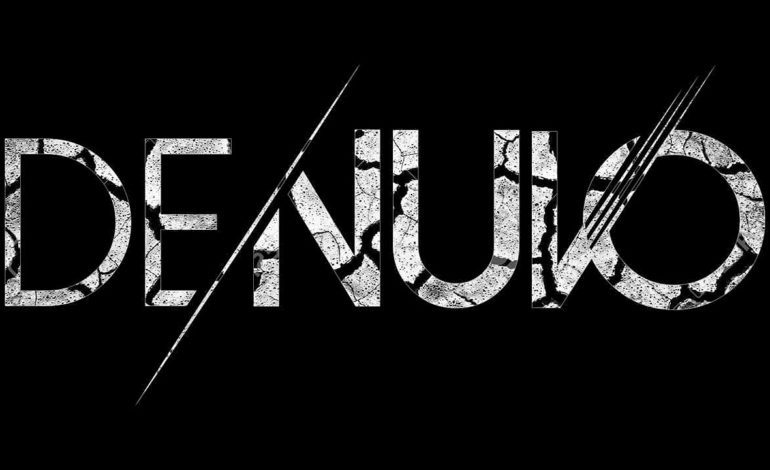

A year after launching, Ghostwire: Tokyo has come to PC and Xbox after ending its PlayStation exclusivity. With it came a pretty large update called Spiders Thread, full of new content for both newcomers and veterans to come back to. However, those on PC noticed performance issues, and also a change in the executable file, leading players suspecting to believe that Denuvo was added. As later reported and confirmed from DSOG, Denuvo was indeed incorporated into the update. For those unaware, Denuvo Anti-Tamper is an anti-cheat technology that prevents people from bypassing a pirated games’ DRM (digital rights management). In order for DSOG to test this, they simply changed the CPU five times, which afterwards would result in an authentication error when launching Ghostwire, thus confirming Denuvo was added. DSOG offered the idea that an expansion could be coming as to why the tech is only being added now a year later, but it’s only speculation from their end.
When it comes to PC gaming, Denuvo is a controversial name for some. Most argue it leads to performance degradation for games that use the security software. As Denuvo has to tap into the CPU, it adds on top more processes for the computer to handle. There’s a wide swath of games that use Denuvo, and at times updates will come from the publisher removing the software, or as in the case of Ghostwire, adding it. Capcom has added and then removed Denuvo in Resident Evil 2 Remake, Resident Evil 3 Remake, and Resident Evil Village.
Denuvo is also in pretty much every multiplayer game, whether on Fortnite, Valorant, Call of Duty, or some other multiplayer game. Across the millions who plays these games, there’s those who’ll use cheating software to get unfair advantages. Denuvo works by finding if there’s any cheat files in the game’s overall files. If someone does have cheat software added into a game, that player is bookmarked for the developer to then ban.
Play games, take surveys and take advantage of special offers to help support mxdwn. Every dollar helps keep the content you love coming every single day.
